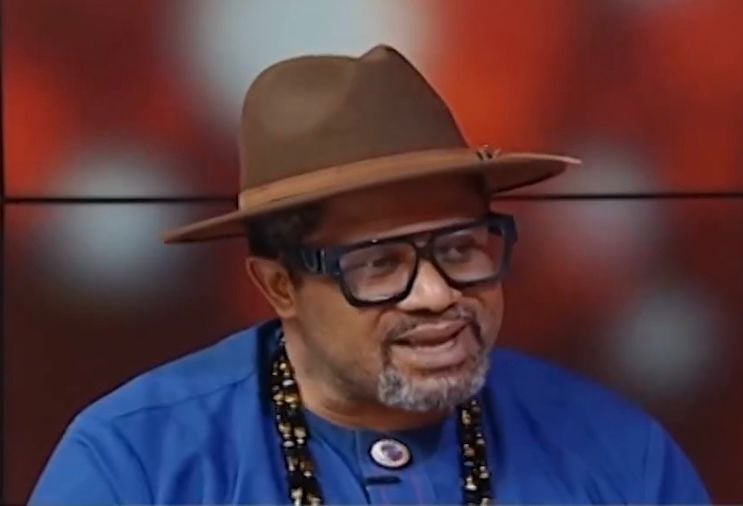Eze Dr. Chukwudi Jude Ihenetu, the prominent leader of the Igbo community in Ghana, has vehemently refuted accusations leveled against him by Hassan Ayariga, a former presidential aspirant and leader of the All People’s Congress (APC). Ayariga, during an appearance on Metro TV’s “Good Evening Ghana” program, alleged that Ihenetu had engaged in human trafficking and had a history of selling cassettes before purportedly becoming involved in the exploitation of sex workers. Ihenetu categorically denied these claims, characterizing them as baseless and defamatory. He asserted that he has never participated in such activities since his arrival in Ghana decades ago. This public exchange comes amidst heightened scrutiny of Ihenetu following his controversial proposal to establish an Igbo kingdom within Ghana.
Ihenetu, speaking on TV3’s “Hot Issues” program, provided a detailed account of his personal and professional journey, emphasizing his humble beginnings and his gradual rise to success. He refuted Ayariga’s claim about selling cassettes, stating unequivocally that he has never engaged in such a trade. Instead, he described arriving in Ghana in 1995 with a variety of goods for trade, including calculators, belts, and car parts. This practice, he explained, is common among Igbo traders who often sell land in their villages to raise capital for business ventures. He highlighted the Igbo cultural value of patience and perseverance, illustrating how individuals often start with small-scale enterprises and gradually expand into larger ventures.
Ihenetu’s narrative underscores a common entrepreneurial trajectory among Igbo traders, who are known for their resilience and adaptability. He described starting with modest trading activities and progressively diversifying his business interests. He credits his success not only to his hard work and determination but also to the unwavering support of his Ghanaian wife of 28 years, who has played a significant role in the growth of their family business. This long-term partnership, spanning nearly three decades, has been instrumental in building a stable and successful enterprise.
The controversy surrounding Ihenetu highlights the complexities and sensitivities involved in cross-cultural interactions and business ventures, particularly within the context of immigration and the establishment of cultural enclaves. His proposed establishment of an Igbo kingdom in Ghana has generated considerable public debate, raising questions about cultural integration, national sovereignty, and the potential impact on inter-community relations. Ayariga’s accusations, whether substantiated or not, further complicate this already sensitive issue, adding another layer of complexity to the ongoing public discourse.
The public exchange between Ihenetu and Ayariga underscores the importance of due process and the presumption of innocence. While Ayariga’s allegations are serious, it is crucial to allow for a thorough investigation and avoid rushing to judgment. Ihenetu’s detailed account of his business activities and his categorical denial of the accusations warrant careful consideration. Ultimately, the truth of the matter will depend on the presentation of credible evidence and a fair assessment of the facts.
This incident serves as a reminder of the potential for misunderstandings and misrepresentations in the public sphere, especially when dealing with sensitive cultural and political issues. It highlights the importance of responsible journalism and the need for individuals to exercise caution before making public accusations. Furthermore, it underscores the need for open dialogue and respectful engagement between different cultural groups to foster understanding and peaceful coexistence. The ongoing public discourse surrounding Ihenetu’s activities and Ayariga’s accusations will undoubtedly continue to shape the conversation about intercultural relations and the challenges of navigating cultural differences within a shared national space.


